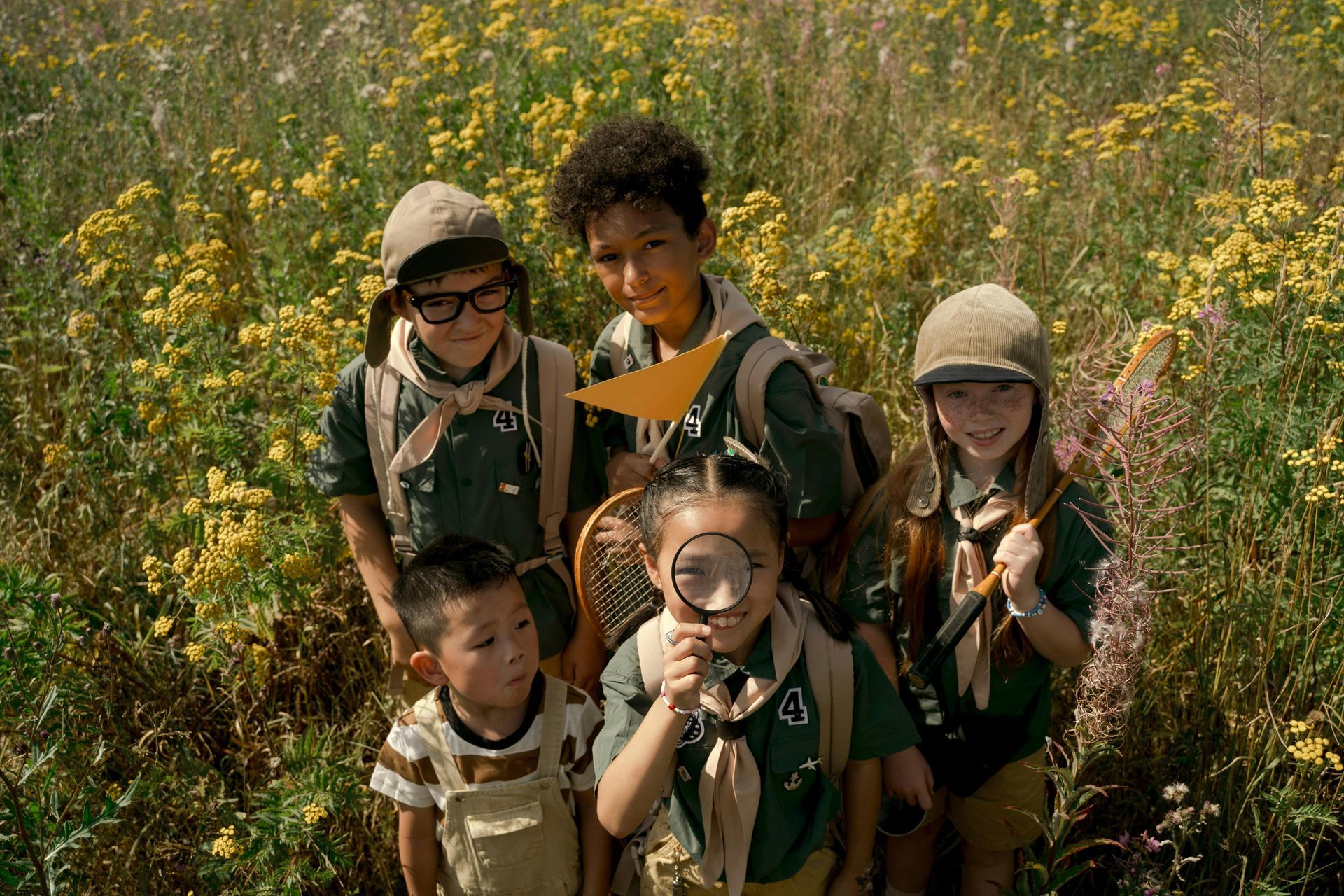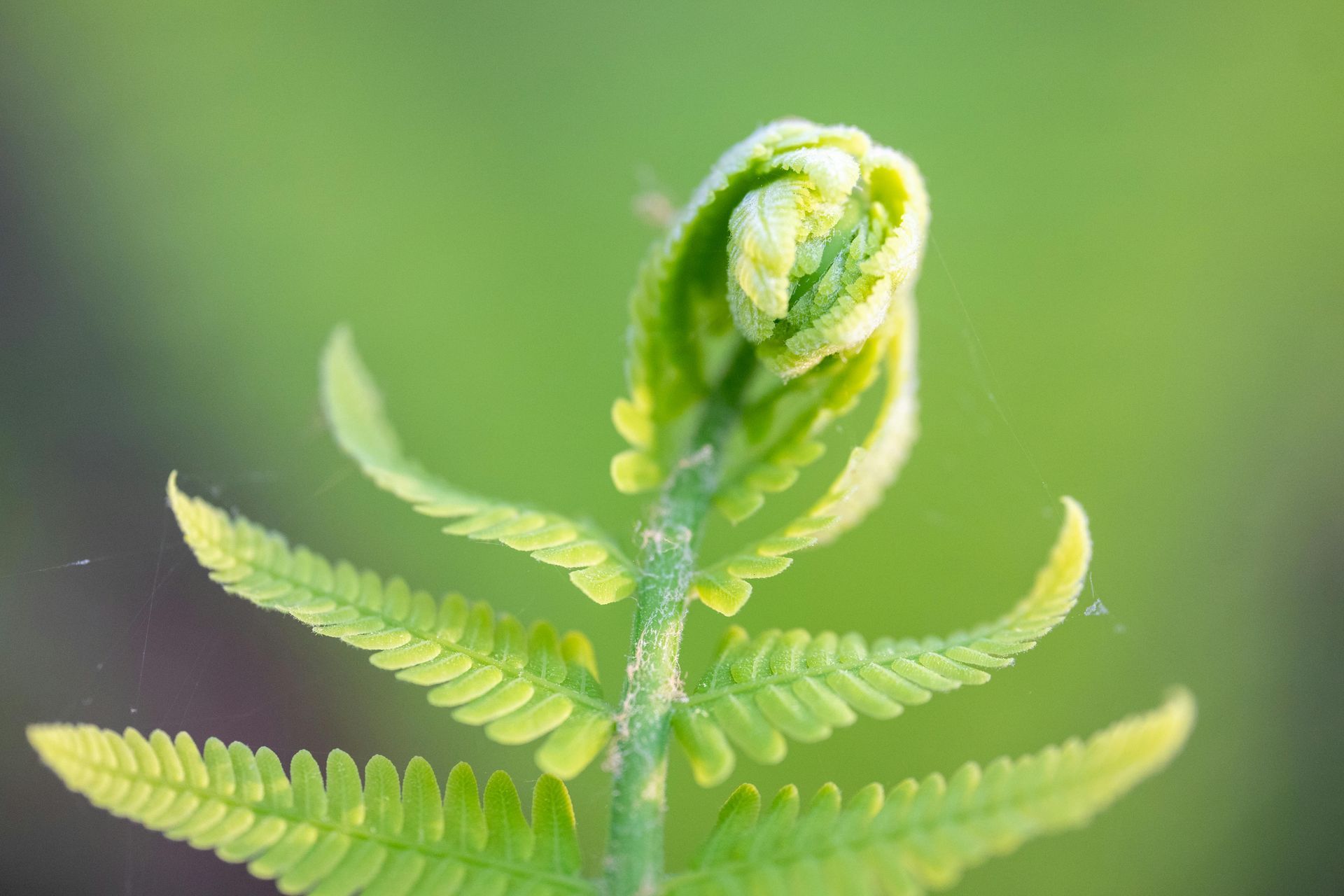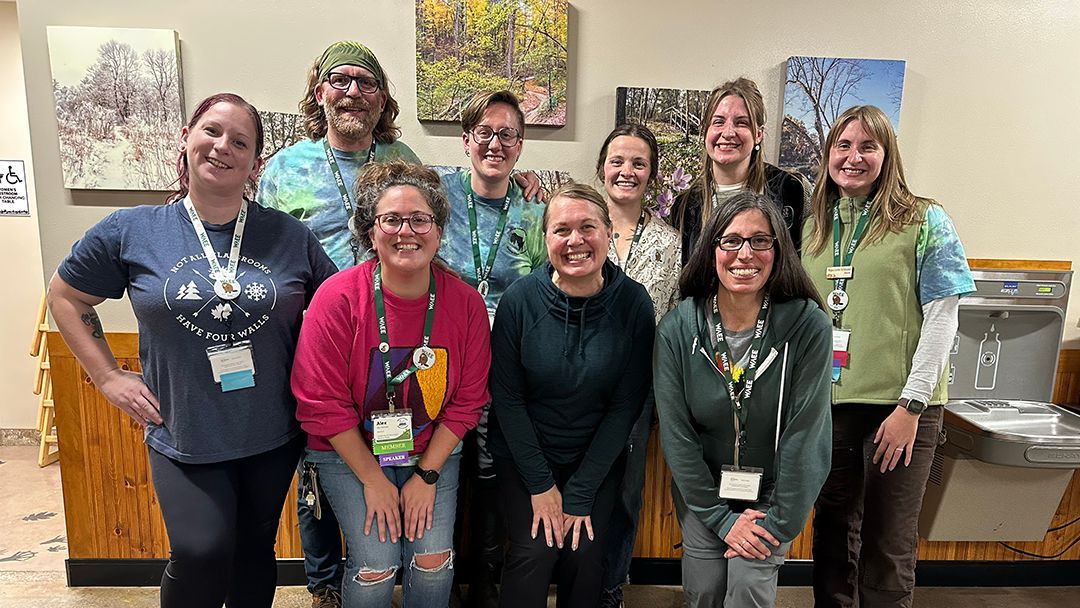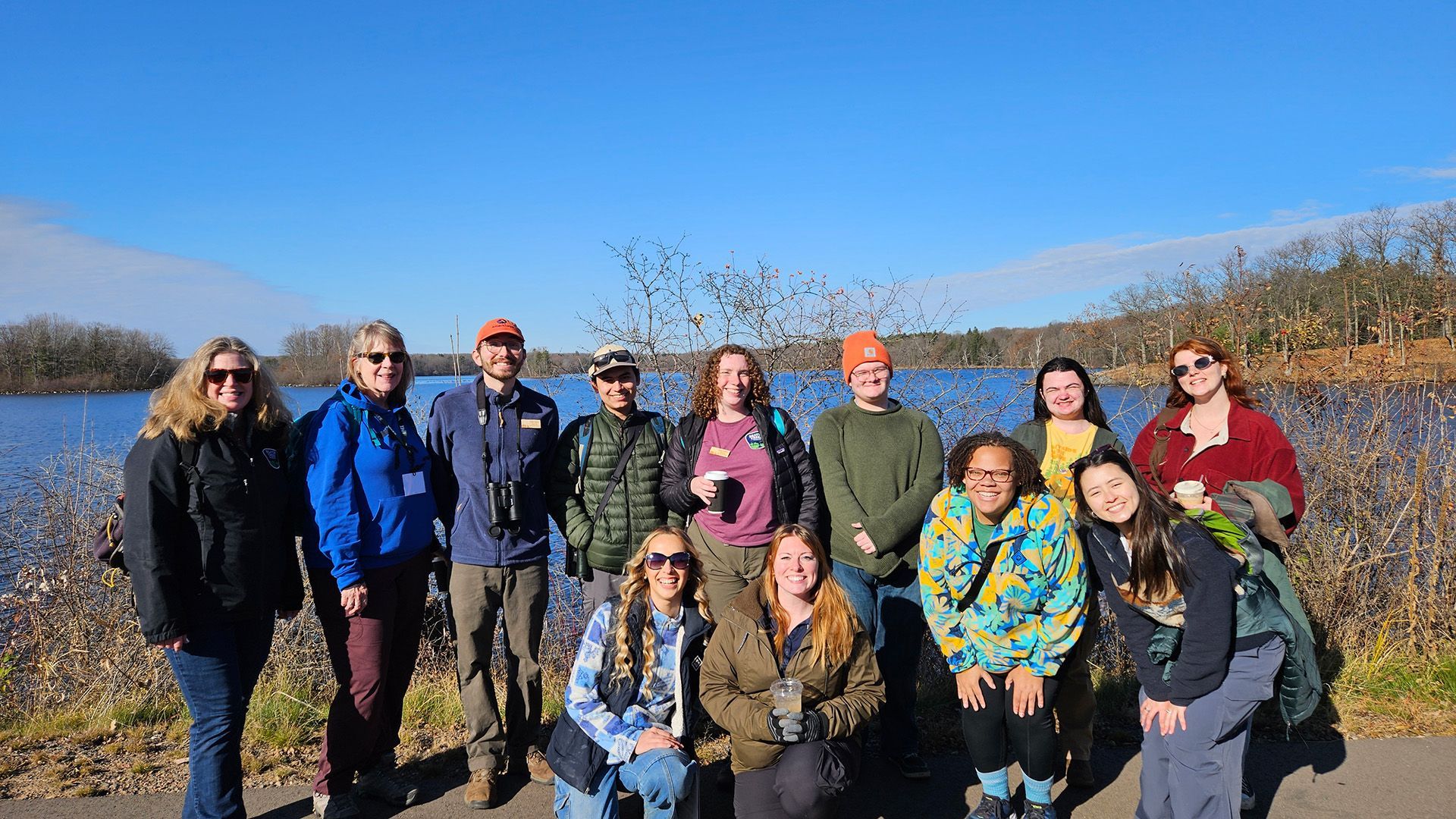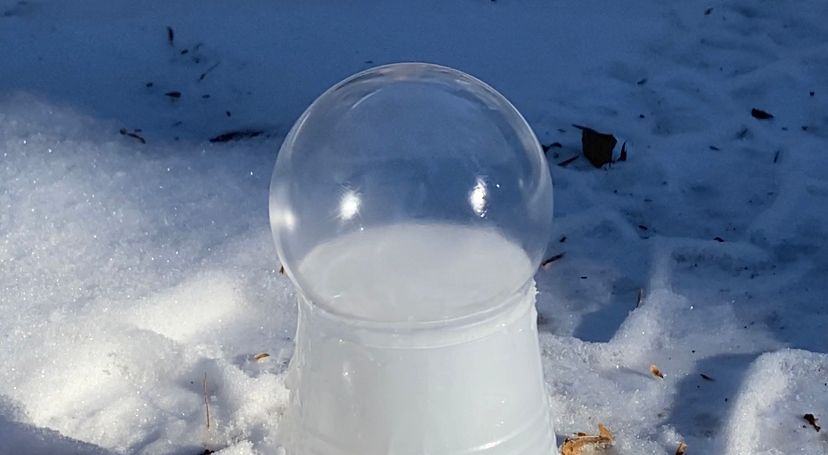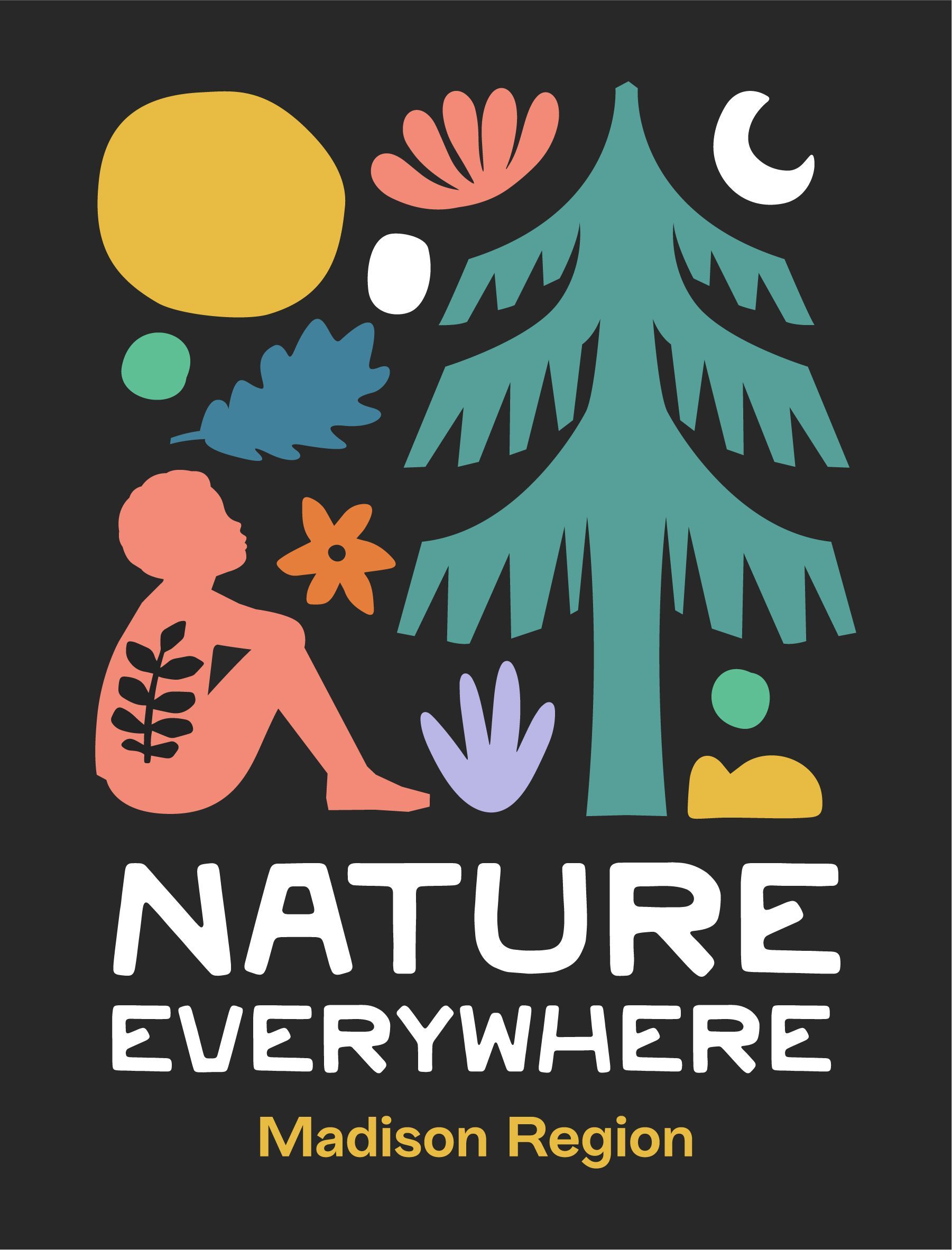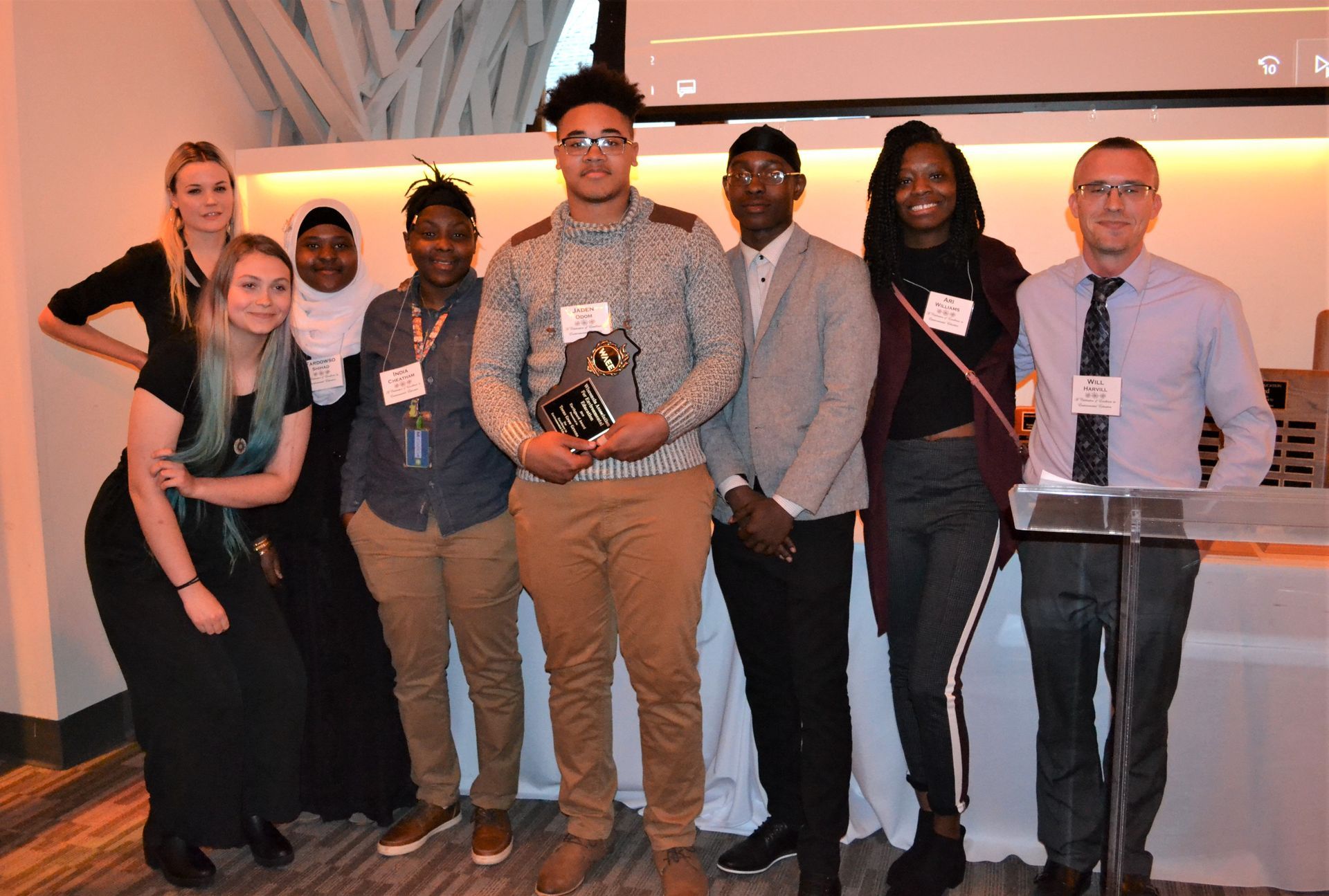2021 State Superintendent Race
This is paragraph text. Click it or hit the Manage Text button to change the font, color, size, format, and more. To set up site-wide paragraph and title styles, go to Site Theme.
Round 2 Questions
The Superintendent of Public Instruction, sometimes referred to as the State Superintendent of Schools, is a constitutional officer within the executive branch of the Wisconsin state government, and acts as the executive head of the Department of Public Instruction.
WAEE has asked the candidates about their views on environmental education. Following the primary election, WAEE followed up with the final candidates with a second round of questions. Their responses are provided below.
The Wisconsin State Superintendent election will be held Tuesday, April 6, 2021.
Where to Vote
https://myvote.wi.gov/en-us/Find-My-Polling-Place
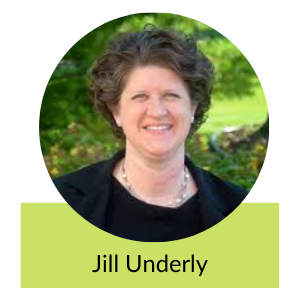
Jill Underly
Question 1:
How will you support EE in Wisconsin 1) broadly and 2) by providing financial support within the department and in schools?
We know that climate change represents an existential threat to humanity as a whole and we need to make sure we’re doing everything we can to build a sustainable future. Strong EE programming in our schools is a critical component of this, in addition to it’s benefits for our students' well-being. As State Superintendent I will provide districts with resources and curriculum materials to help them provide robust EE programming for students. Additionally I’ll advocate for increased funding to EE programs and assist districts with applying for grants or partnering with community organizations to help offset the cost of EE programming.
Question 2:
Knowing that EE is expected to be addressed in K-12 schools, based on Wisconsin Administrative Code PI 8.01(2)(k), how might you encourage the integration and assessment of EE in all subject areas in schools?
I believe that nature and the outdoors should be more integrated into all subject matters in our schools. We can give local districts guidance on how to do things like this. For example: incorporating a nature walk into an English lesson on a book or short story with strong nature themes. I’ve got additional ideas on how we can accomplish this like:
- Encouraging field trips and experiences in Wisconsin’s state parks and natural areas, marshes and protected wetlands to participate in activities such as play, hiking, and bird-watching.
- Joint ventures with UW Extension, the Department of Natural Resources, DPI, and county parks that provide learning opportunities such as counting trout in our streams, 4H activities, nature center programs, and teach a kid to fish days.
- Many school districts have school gardens and school forests, and those activities should always be included and incorporated in school curriculum and DPI can help provide guidance and resources to do this.
It’s critical that we better incorporate the outdoors and EE into our curriculum in all subject areas so that our students have the knowledge and experiences to become environmentally literate citizens. I’m excited to be a strong supporter of this work and will look to partner with the Wisconsin Association for Environmental Education to further this work as State Superintendent.
Question 3:
How could we leverage our nonformal education centers (nature centers, museums, etc.) to help integrate EE in Wisconsin schools?
Like I said above, I believe that Wisconsin’s schools could strengthen their EE programming specifically by partnering with community organizations and nonformal education areas near them. DPI could play a key role in helping to facilitate these partnerships and provide guidance and a strong framework for local districts to build them. We know how beneficial immersion in nature is for our students and I’ll make sure to be a strong advocate for enhancing and expanding EE programming in schools across the state.
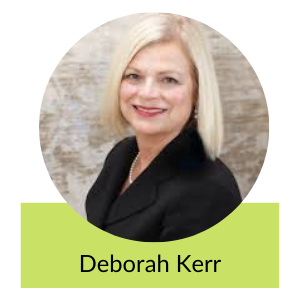
Deborah Kerr
Deborah Kerr: Round 2 Questions
Question 1:
How will you support EE in Wisconsin 1) broadly and 2) by providing financial support within the department and in schools?
Question 2:
Knowing that EE is expected to be addressed in K-12 schools, based on Wisconsin Administrative Code PI 8.01(2)(k), how might you encourage the integration and assessment of EE in all subject areas in schools?
Question 3:
How could we leverage our nonformal education centers (nature centers, museums, etc.) to help integrate EE in Wisconsin schools?

